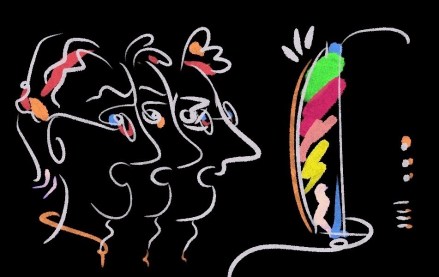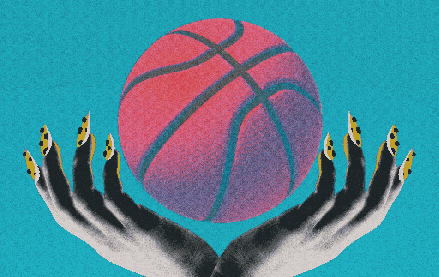‘Sick and tired of no one innovating’: Confessions of a financial tech entrepreneur

This article is part of our Confessions series, in which we trade anonymity for candor to get an unvarnished look at the people, processes and problems inside the industry. More from the series →
It can be hard to keep track of all the apps that help users save money or get access to credit. Financial technology entrepreneurs have an impressive track record of developing products for underserved, low-income populations. Big banks are increasingly offering startups big money and advice to build these products. But in the startup sphere, some feel pushed by the banks to work on products for lower-income customers. To them, this lets the banks to appear like they’re giving back, while keeping the startups out of the more profitable high-income customer segments.
For the latest Digiday Confessions series, we spoke to a startup entrepreneur with considerable experience in the banking sector. Here are the excerpts, edited for clarity.
Big banks are supporting startups working on products for poor, underserved populations. Do you think this is because they actually care?
The financial inclusion thing is ominous. It’s because the banks have high fixed costs and aren’t able to reduce them. We do all the things they don’t want to do, picking up the pennies in front of the steamroller. But don’t come into the high-earning area.
So banks are making more money off of high-income customers and are pushing the startups to take the lower-income ones they don’t want?
They would much rather get their tax breaks and give to charity and say they’re doing good for the country than get their hands dirty with a bunch of very subprime demographics. The fintech guys have to go to high risk. If you’re a bank, you can cherry-pick all the rich people and not have as many defaults in a downturn.
Do you have to work with a bank to be successful in the startup world?
Really, there’s no getting out of it. Even if you’re a money transmitter you still need a bank account — you still need to hold your money at a bank. If you’re doing something with cards, you have to have a card issuer and the card issuer has to be a bank and a member of Visa and MasterCard if you use them as well.
What about accelerators and incubator programs where the banks mentor startups. Doesn’t that show their goodwill?
They just steal your ideas. They’re not doing it for the good of their soul. They’re doing it to take a chunk and or steal the idea as you build it and do it themselves.
Are there areas where startups can get into that banks aren’t addressing?
You see things like student loans like SoFi. They realized that banks didn’t understand the difference between a Harvard grad and a whatever local college grad. They’ve managed to get into a spot where the banks are too lazy to even sift through the data.
If it’s so hard to get your product to market, what’s the objective of a startup entrepreneur? Is it just to cash in when you’re acquired by a bank?
If you’re looking to make a little bit of money quick, it’s probably not a bad play, but if you’re actually looking for any kind of change in the world, and you believe in that, it’s not a good move. That’s the reason why people go into this, and I believe I’m one of them. I am bored and sick and tired of no one innovating in the space.
More in Marketing

Why the New York Times is forging connections with gamers as it diversifies its audience
The New York Times is not becoming a gaming company. But as it continues to diversify its editorial offerings for the digital era, the Times has embraced puzzle gamers as one of its core captive audiences, and it is taking ample advantage of its advantageous positioning in the space in 2024.

Why B2B marketers are advertising more like consumer brands to break through a crowded marketplace
Today’s marketing landscape is more fragmented than ever. Like consumer brands, business brands are looking to stand out in a crowded and competitive marketplace, making marketing tactics like streaming ads, influencers and humorous spots more appealing.

As draft puts WNBA in spotlight, the NBA is speeding up ballplayers’ transition to creators
The NBA’s star athletes are its greatest marketing asset.





